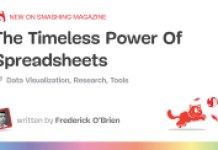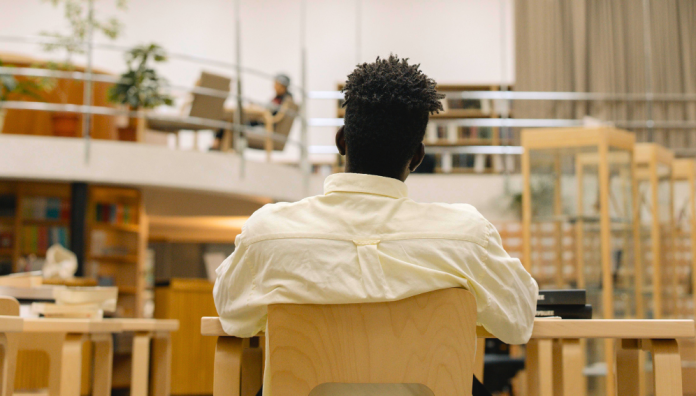This text was supported by SGCI.
[NAIROBI] African scientists are sometimes undervalued and marginalized in collaborative analysis initiatives, resulting in flawed analysis questions and biased interpretation of information, tutorial leaders instructed a panel dialogue.
Talking throughout a webinar on honest and inclusive partnerships organised by the Southern African Analysis and Innovation Administration Affiliation (SARIMA) on 3 Could, they highlighted the facility imbalance in analysis partnerships between scientists in Africa and their counterparts in increased earnings nations.
SARIMA, a member organisation of analysis and innovation managers, helps strengthen the capacities of analysis administration for science granting councils in Africa.
“Analysis grant calls are developed by folks in funding businesses within the international North,” says Lyn Horn, director of the workplace of analysis integrity, College of Cape City, South Africa.
“Collaborations and consortia are developed in response to these grant calls and researchers within the international South are merely added as a result of the decision requires this.”
She stated inequity and unfairness in analysis partnerships between Africans and their counterparts in increased earnings nations undermine analysis integrity.



Rennie Munyayi, supervisor of postgraduate improvement at Namibia College of Science and Know-how, says African researchers are disempowered. Photograph credit score: SARIMA Webinar
“Inequity and lack of equity in analysis partnerships is a holdup to analysis integrity,” stated Horn.
Analysis integrity depends on honesty and transparency all through the whole analysis course of and this requires sufficient assets, together with monetary, human, techniques, and infrastructure help, she defined.
“If funding necessities and processes don’t account for the dearth of human and system help, unfavourable foreign money change, and insufficient budgeting, native researchers could also be unfairly deprived,” Horn warned.
She stated this might result in the necessity to minimize prices resulting from tight budgets which may undermine analysis integrity.
Horn says that the ultimate associate involvement in analysis groups, particularly in cases the place race, ethnicity, gender and tradition are concerned, interpretations of information might be biased, whereas analysis agendas can change into flawed and neglect essential analysis questions.
“The dominant perspective of high-income nations’ grant holders can unduly affect analysis methodologies and evaluation,” stated Horn.
Rennie Munyayi, supervisor of postgraduate improvement at Namibia College of Science and Know-how, stated in collaborations between African researchers and researchers from increased earnings nations, African researchers acquired smaller funds allocations and had restricted roles within the initiatives.
“We have to ask ourselves if these are actually analysis collaborations or merely stakeholder involvement,” Munyayi stated, including that African researchers are additionally marginalised in determination making processes.
“They’re disempowered,” she stated.
Munyayi stated by means of enabling native researchers to take the lead in defining analysis targets, methodology, and implementation, Namibian College of Science and Know-how is selling analysis integrity.
“Upholding moral analysis practices and engagement in social duty has been put on the coronary heart of rules guiding analysis partnerships for the college,” she defined.
Munyayi stated researchers within the Namibia College of Science and Know-how, have now been outfitted with abilities, assets and alternatives wanted to steer and take part in collaborative analysis initiatives.
She referred to as for increased investments in analysis by international South nations and urged African researchers and analysis establishments to solely enter collaborations which are mutually helpful to all events.
“Get into collaborations the place you understand you’ll have a voice, ideally be a part of a collaboration earlier than the event of the analysis agenda and proposal stage,” Munyayi stated.
“Collaboration ought to begin even earlier than assets are allotted.”
This text was supported by the Science Granting Councils Initiative, which goals to strengthen the institutional capacities of 18 public science funding businesses in Sub-Saharan Africa.
This piece was produced by SciDev.Web’s Sub-Saharan Africa English desk.









































































